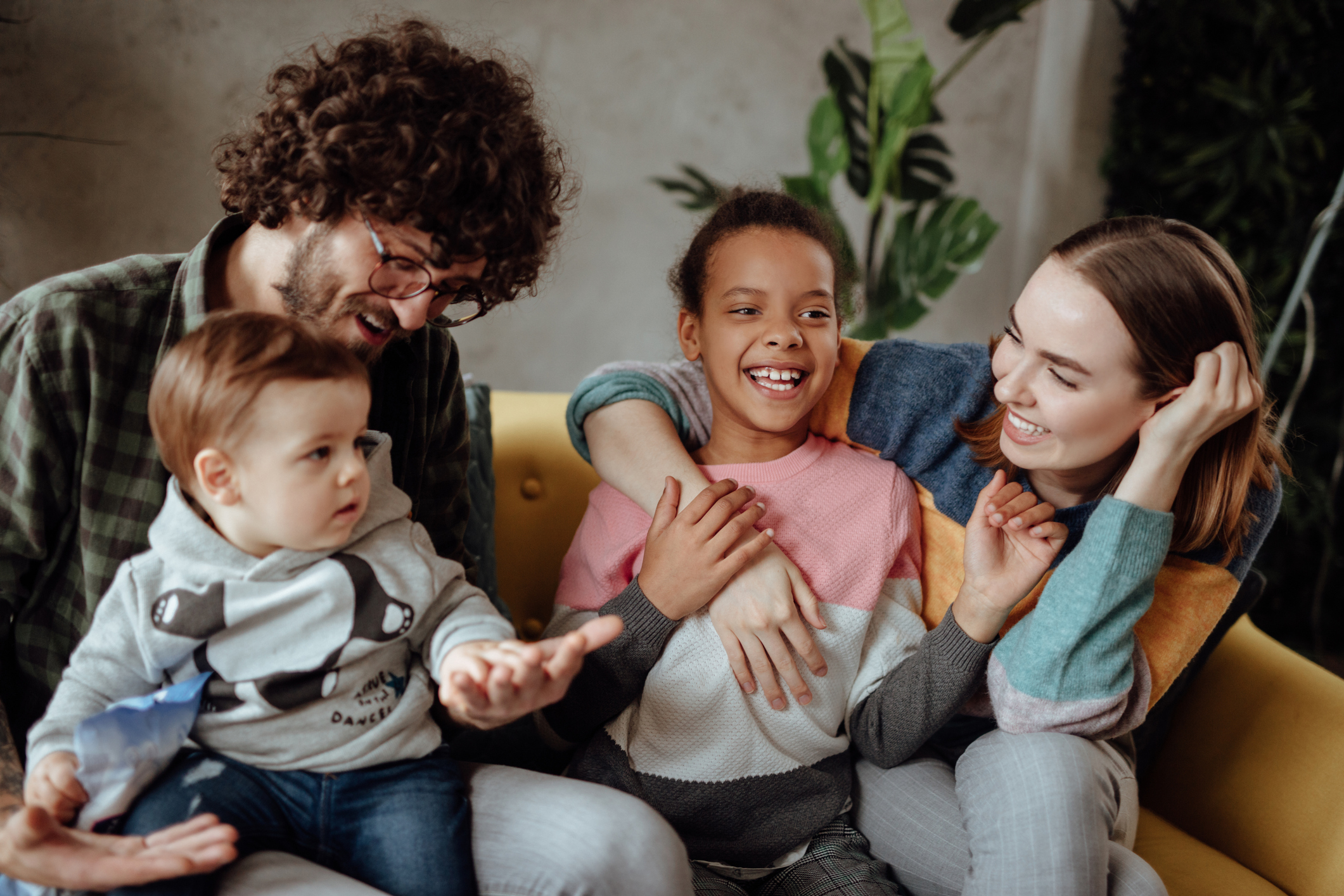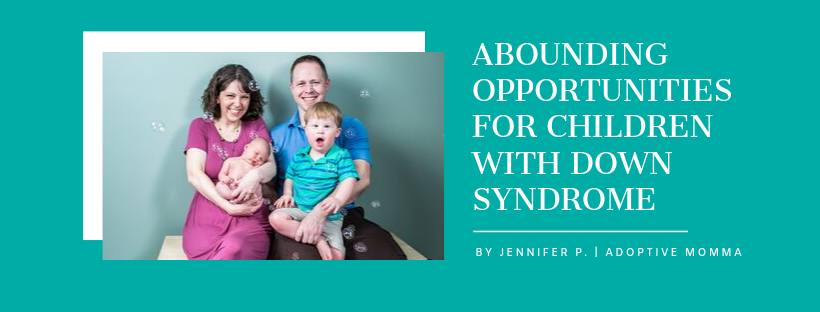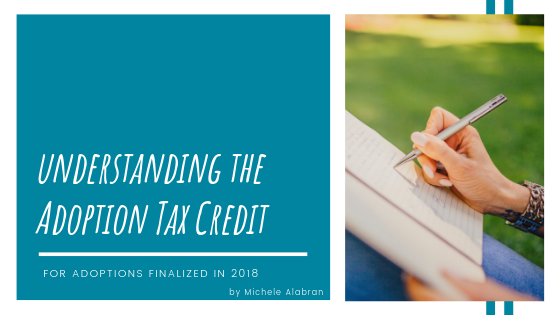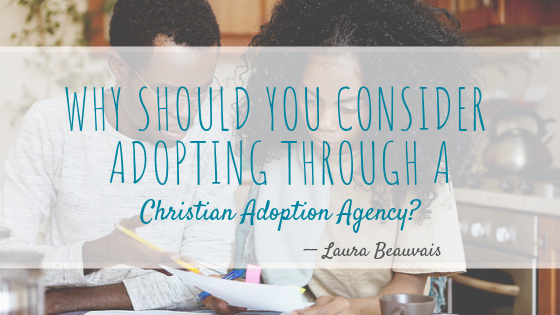I am one of seven siblings. When my littlest brother started attending school our family became a foster home for newborn babies. Throughout my childhood, we had thirty-two foster babies, one three-year-old and a teenage girl living with us. My mother, God bless her soul, was a foster parent for thirty-four children. We would get […]









